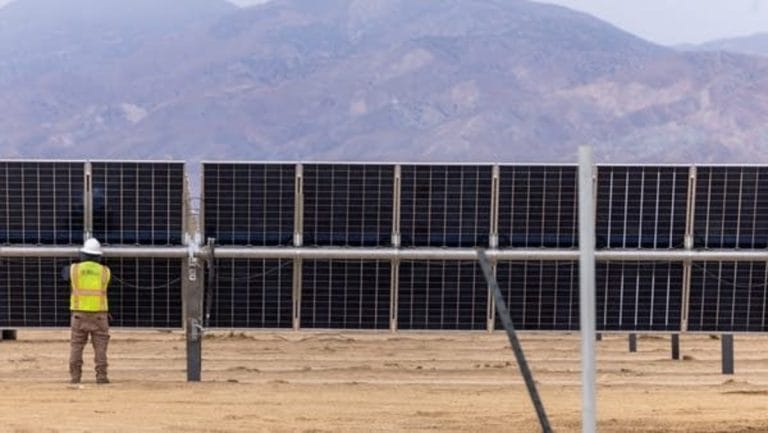🎧 Listen to This Article
The recently passed tax bill in the U.S. House of Representatives, championed by former President Donald Trump, is poised to reshape the clean energy landscape, potentially slowing the country’s transition to sustainable power and increasing costs for consumers in the long term.
Accelerated Expiry of Tax Credits Threatens Clean Energy Growth
The bill, now under Senate review, fast-tracks the expiration of vital tax incentives introduced initially under the 2022 Inflation Reduction Act (IRA). These incentives, including production tax credits (PTC) and investment tax credits (ITC), have been instrumental in driving solar, wind, and battery storage projects across the U.S.
Under the new legislation, developers must commence construction within 60 days of the bill’s enactment, and projects need to be operational by the end of 2028 to qualify for these tax credits. This sharply contrasts with the IRA’s previous timeline that extended tax credit eligibility until at least 2032.
Industry leaders warn this aggressive timeline could derail many projects currently in development.
“Requiring a range of advanced energy projects to start construction within such a narrow window will pull the rug out from a host of projects and effectively end the use of ITC & PTC going forward,” said Advanced Energy United, an association dedicated to low-carbon power and transport.
Short-Term Surge, Long-Term Slowdown
Experts expect a short-term rush as developers scramble to meet the stringent new deadlines, possibly boosting clean energy investments temporarily. However, the sector could face a significant downturn beyond this initial spike.
Gautam Jain, Senior Research Scholar at Columbia University’s Center on Global Energy Policy, predicts, “There will be a surge in project commencements initially, followed by a sharp decline in deployment.”
John Powers, Vice President for Cleantech and Renewables at Schneider Electric, advises companies with renewable energy goals to act quickly: “It’s the time to be proactive in the market.”
Potential Rise in Electricity Costs
The longer-term impact may be even more concerning for consumers. With the levelized cost of solar and other clean power sources having dropped dramatically over the past decade, often undercutting gas-fired power — reduced incentives could stall further price reductions.
“This legislation risks increasing electricity bills because clean energy has become the most cost-effective option,” Jain added.
Import Tariffs and Policy Uncertainty Compound Challenges
Beyond tax credits, Trump’s bill introduces higher import tariffs and regulatory complexities that create uncertainty for developers and manufacturers.
RWE, a leading clean energy developer operating over 10 GW of U.S. capacity, has become more cautious in investment decisions this year. According to an RWE spokesperson, “Stable incentives, federal permits, tariff risk mitigation, and secured offtake agreements are now essential prerequisites before investing, given the uncertain policy environment.”
Conclusion
While the Trump tax bill may provide a short-term boost as projects rush to beat deadlines, experts broadly agree it threatens the long-term growth of clean power in the U.S., potentially reversing gains in cost reductions and clean energy adoption. Balancing fiscal concerns and energy transition goals remains a critical challenge for policymakers as the Senate debates the bill.
For further details, clarification, contributions, or any concerns regarding this article, please contact us at editorial@tax.news. We value your feedback and are committed to providing accurate and timely information. Please note that our privacy policy will handle all inquiries.



